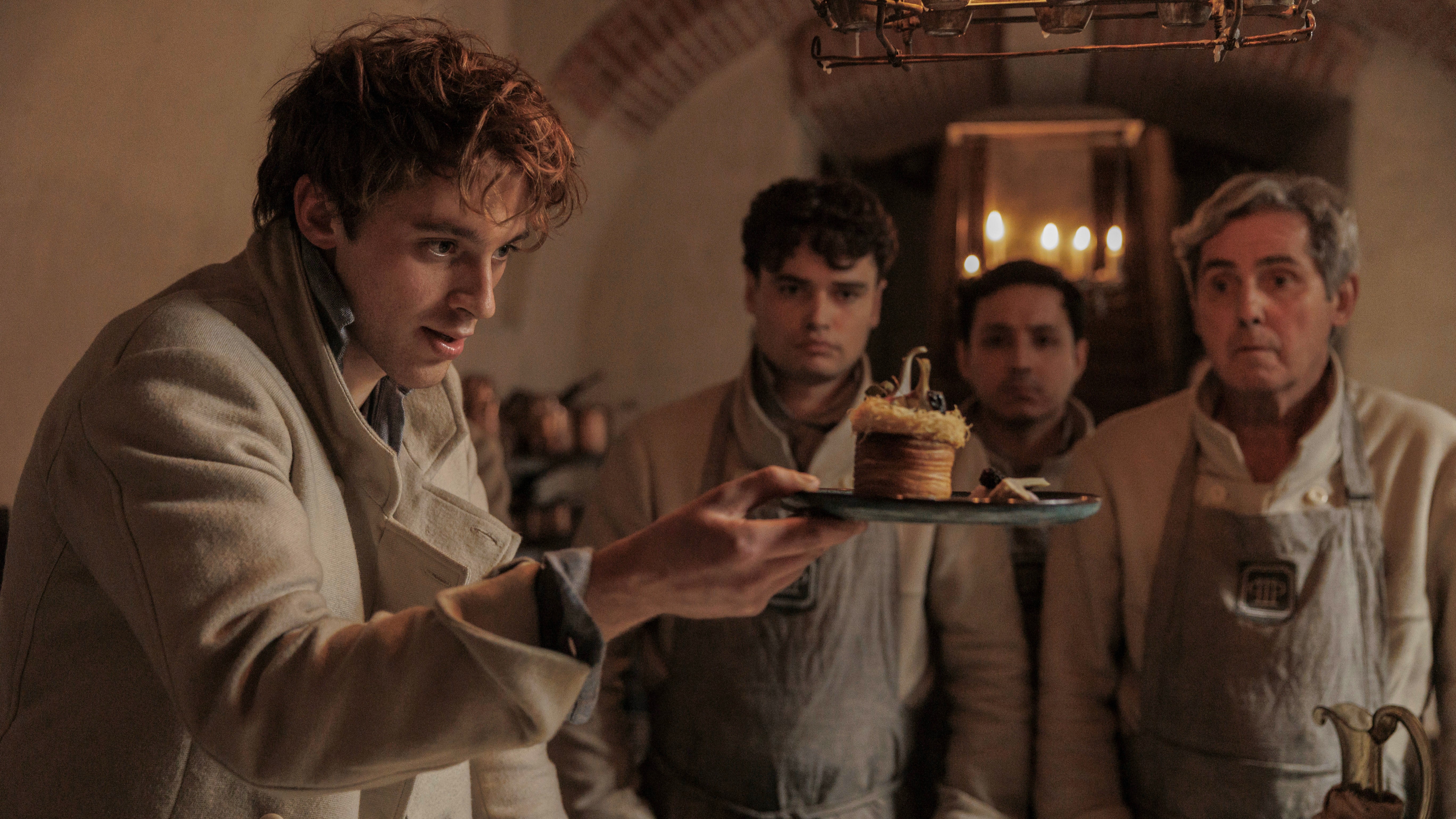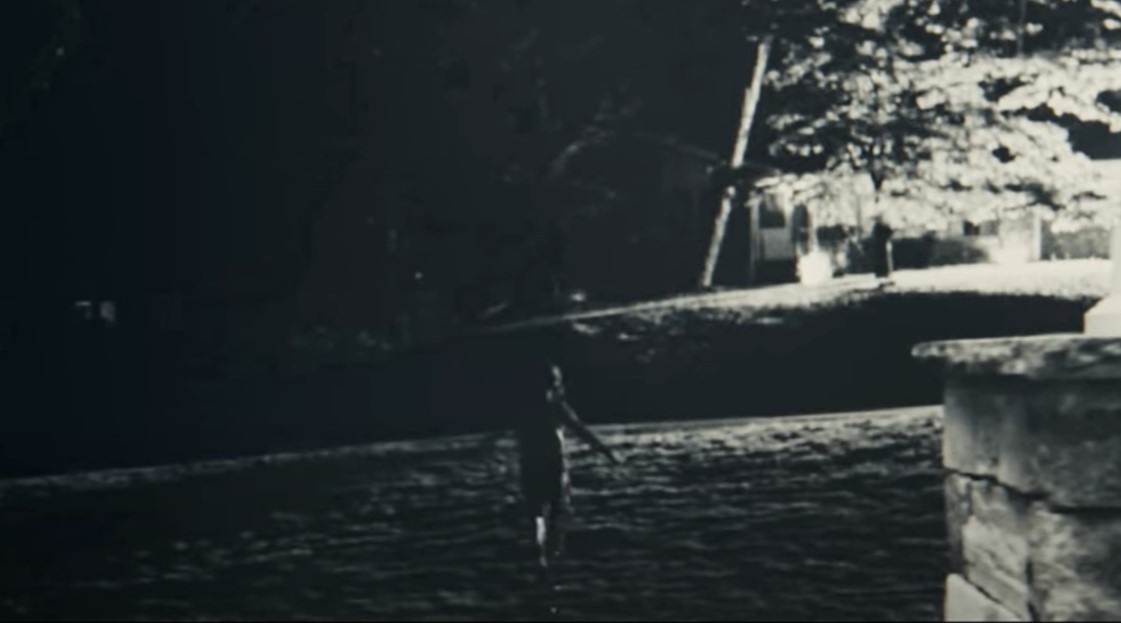Winterwatch 2024: release date, animals, locations and everything you need to know
Winterwatch 2024 sees the team head to Dorset and the Orkney Isles to watch British wildlife thriving in the chilly weather.
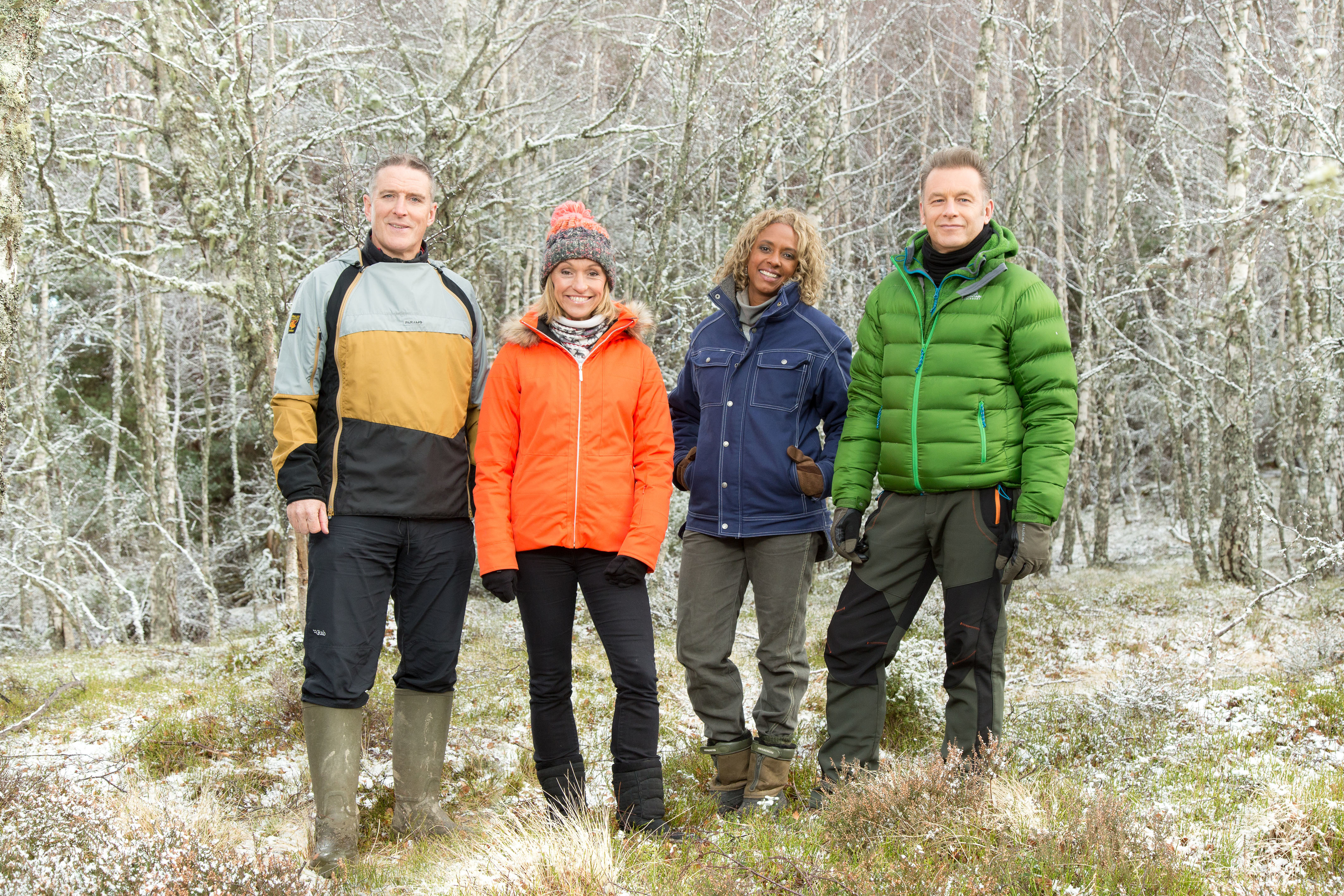
Winterwatch 2024 has arrived which is perfect viewing for those of us who like to cosy up inside during the chilly winter months. But in nature of course, the chilly season is alive with wintering birds and busy with tiny mammals and insects fighting for survival.
To capture all the action, the new series of BBC Two's Winterwatch runs four nights from RSPB Arne, Dorset, as Chris Packham, Michaela Strachan and Iolo Williams hope to spot badgers, sika deer and the area’s resident pair of white-tailed eagles using the show’s special carcass cameras!
"There’s always this lingering misconception that winter is a time of death and decay, where everything has hibernated or migrated," says Chris Packham, 62. "But it couldn't be further from the truth — there’s always a huge amount of activity."
Here's everything you need to know about Winterwatch 2024...
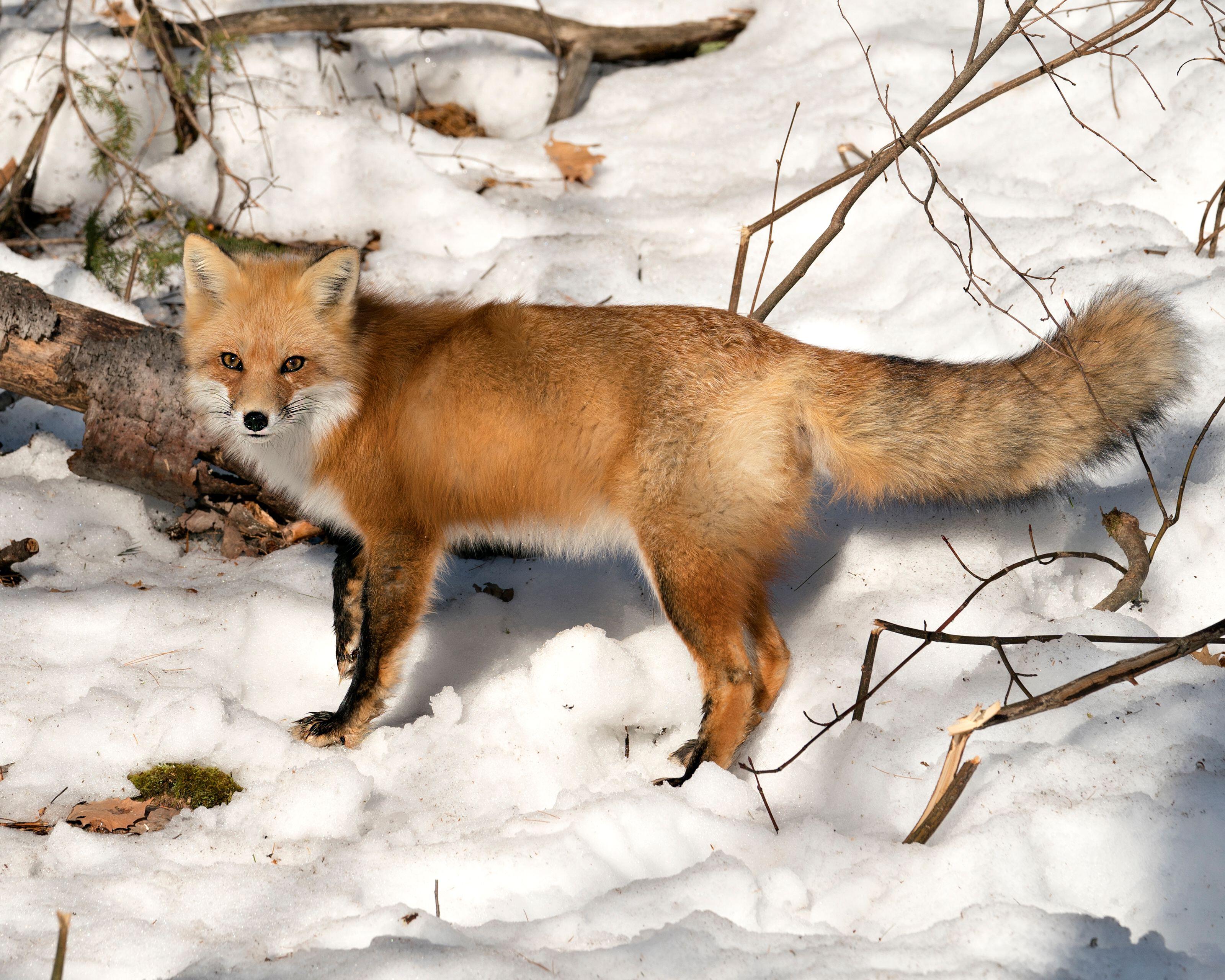
Winterwatch 2024 release date
Winterwatch 2024 runs on BBC Two from Tuesday January 16 at 8pm, daily at the same time until Friday, January 19. The four episodes are live but can be watched afterwards on BBCiPlayer.

Chris Packham and Michaela Strachan on what to look out for in Winterwatch 2024
Chris Packham and Michaela Strachan gives us the lowdown on Winterwatch 2024, which will go out as four live episodes but include pre-recorded filmed segments too (scroll below).
Chris says: "We get an enormous influx of waders and waterfowl from further north in Europe. So Poole Harbour, Brownsea Lagoon and the estuary areas around Arne itself will be full of those migrant birds. But we probably won’t see some species that would have been quite common 20 years ago because it isn’t as cold in northern Europe, so we’ll discuss that on the show as well."
This year's Winterwatch theme is Resilience and Renewal, with the team shining a light on the animals and birds that battle through this inhospitable time of year, from scavengers like foxes and ravens to wading birds like avocet, which gather in huge numbers to feed in Pool Harbour’s invertebrate-rich tidal zones. Cameras are also set up on Brownsea Island, ready to check in on its resident red squirrels, while we can also expect to spot raptors like hen harriers, goshawks and peregrines.
"In the winter wildlife needs to be resilient to get through the colder, leaner months. Only the tough survive, but then spring brings warmth, respite and renewal," says Michaela, 57. "It’s been a tough year for people, too, so I hope Winterwatch is a programme to look forward to and will bring some joy. Of course, the natural world is suffering hugely, but hopefully, we can showcase the beauty of winter, celebrate our wildlife, soak up the extraordinary survival techniques of the natural world and, in some ways, learn from it. We always hope to inspire and to bring some warmth and humour into people’s living rooms!"
Meanwhile, as well as all the live action from Dorset, Gillian Burke is in the breathtaking Orkney Isles, home to some spectacular wildlife, including porpoises, orca, seals, otters and the rare Orkney vole, found only in the region’s 70 islands. But the UK’s tiniest creatures aren’t left out, either, as naturalist Lucy Lapwing is also back in the macro studio showing Michaela some of the fascinating bugs that battle through the season.
"I love whatever winter brings — barn owls, badgers, beavers, red squirrels, red deer and red shank — but I also love focussing on the unexpected," says Michaela. "So our macro studio is back, showcasing creatures that are so often overlooked and underappreciated. Last winter I fell in love with earwigs! Who would have thought? But when you look at them in close up, they’re actually quite beautiful with absolutely stunning wings!"
However, Chris says his personal hopes for the series are to see foxes, tawny owls or the glorious waxwing with its prominent crest. "I like foxes because they’re widespread, beautiful and successful,’ he reveals. ‘And I've really got a thing about tawny owls because I’ve been lucky enough to live in a couple of places where they’ve been really close to the house. But I suppose for a taste of the exotic, there are plenty of waxwing in the country at the moment. These are birds that come from Scandinavia and it appears to be quite a good year for them!"

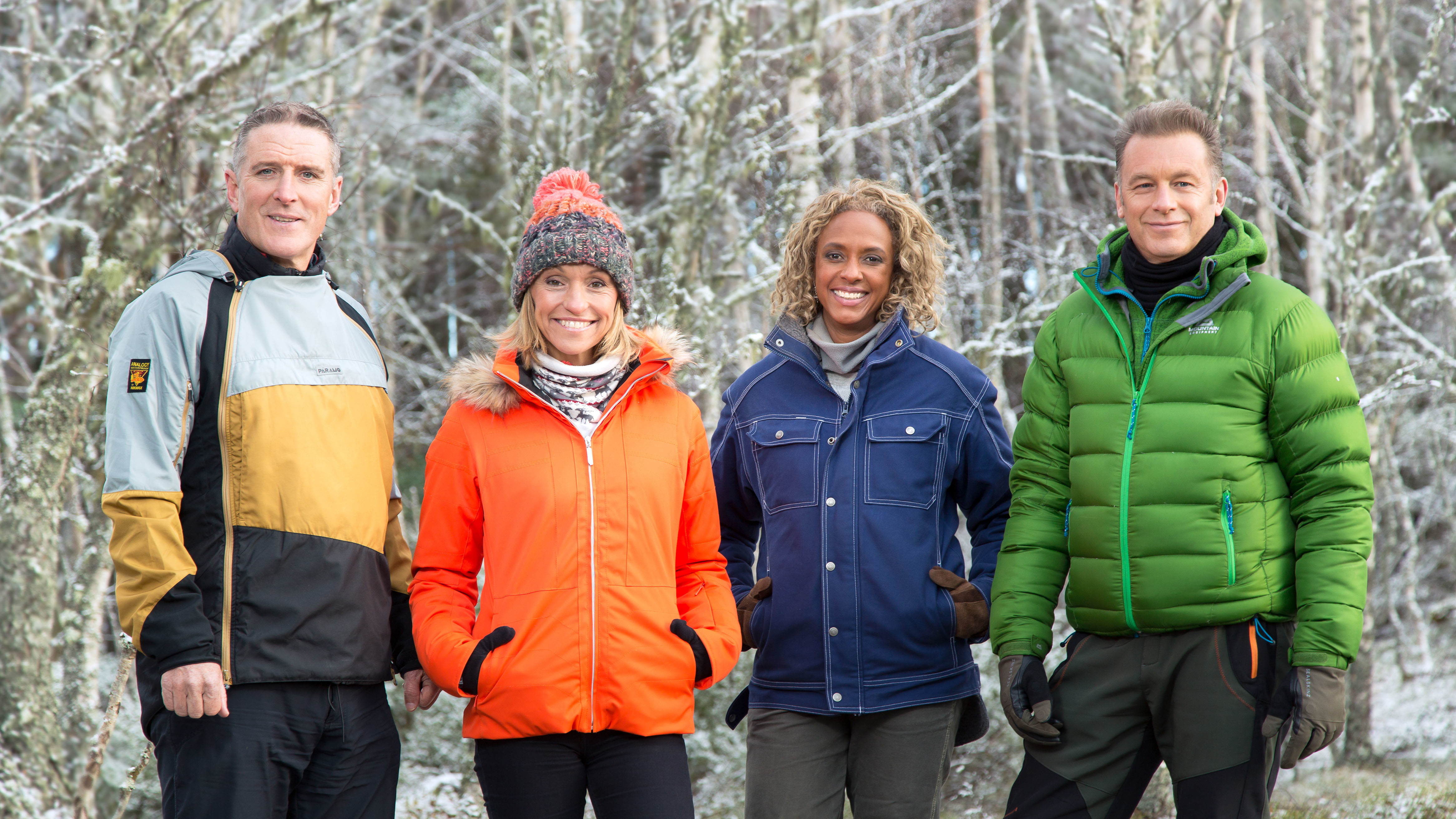
Locations, animals and seasonal surprises
As well as all the live drama in Winterwatch 2024, there’s a chance to get immersed in Winterwatch’s pre-recorded films that showcase some incredible stories from across the country…
Fighting for disabled access
A mountain bike accident in 2014 left former fire fighter Peter Lau paralysed. After hitting a low point, his wife Debbie bought him a camera, which ignited a passion for wildlife photography. However, accessing nature reserves as a wheelchair user has proved challenging, so Peter is now working to help make reserves more accessible for disabled people.
The lifecycle of ferns
Ferns are ancient plants whose ancestors first appeared on earth over 300 million years ago, long before the dinosaurs. Chris heads to Lydford Gorge in Devon, home to an astonishing variety of ferns, to discover how mini ferns called gametophytes produce sperm that swim right into the female part of plant, triggering the growth of a new fern!
Shetland’s otters
Unlike otters in mainland UK, which are normally nocturnal, Shetland otters are most active in the daytime. We meet a mother otter, who has to work hard hunting for at least one kilogram of fish a day in order to feed her cub.
The goldeneye duck
In the Cairngorms, the lochs are alive with wildfowl, including the distinctive goldeneye duck. With its black and white plumage and striking amber eye, it feeds by diving down to the bottom of the loch to find molluscs and small fish. We also get to witness the males’ bizarre courtship display, which resembles a series of strange dance moves!
The curled octopus
Our coastal shallows are home to the curled octopus, the most intelligent invertebrate in the world, and a fearsome ambush predator that waits for a crab to come close before pouncing. Enveloping the crab in its tentacles, it then injects poison that melts the crab’s muscles before prising away the shell for a hearty meal!
The horrid ground-weaver spider
These endangered spiders, just 3mm long, have only ever been found in three places in the entire world, all within a small area of Plymouth. But its strange name comes from the fact that its body and legs are rather hairy, with the Latin word horridus meaning bristly. Cameras follow one male on a Plymouth industrial estate as he struggles to avoid larger predators like centipedes and find a mate.
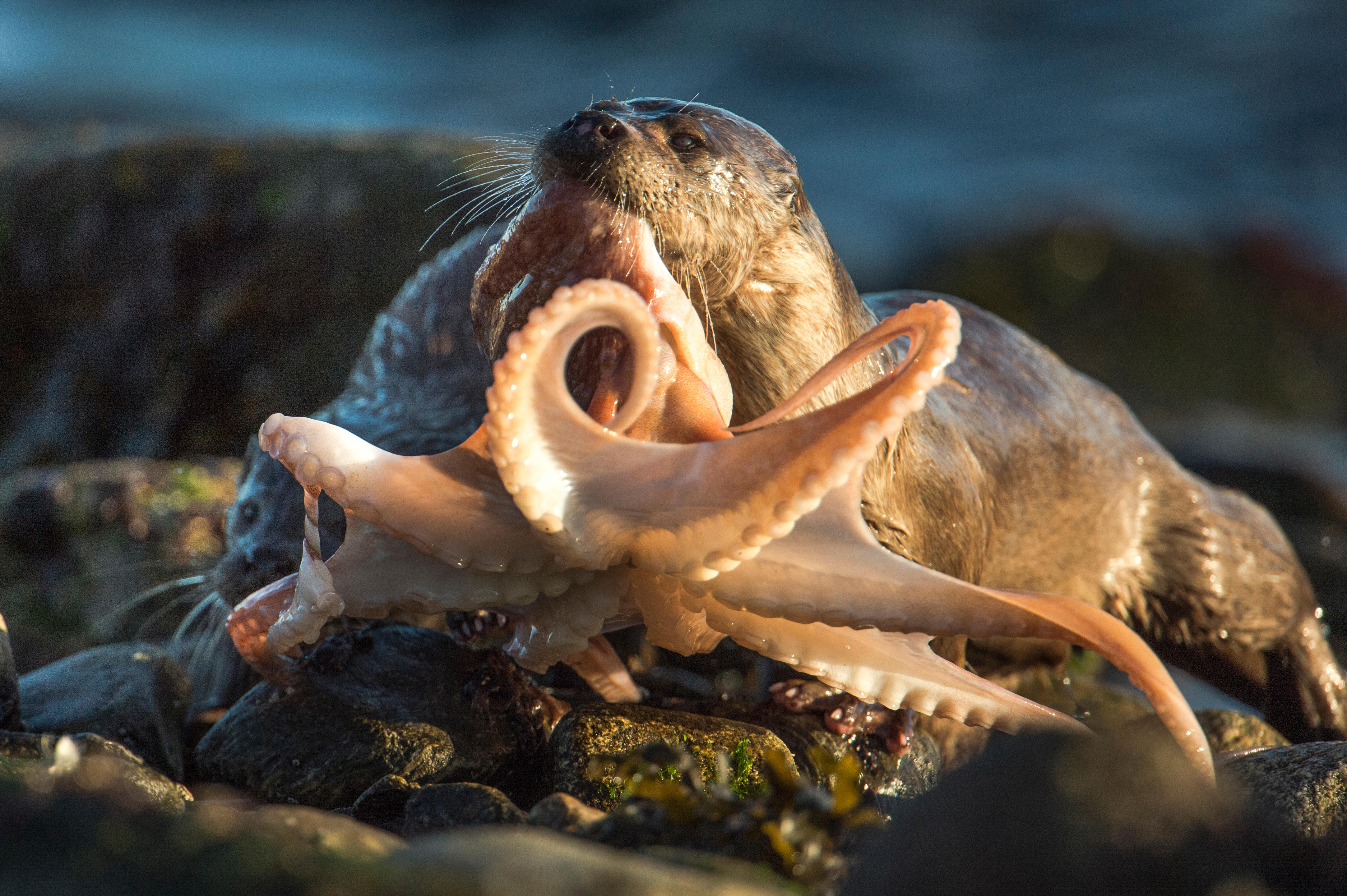
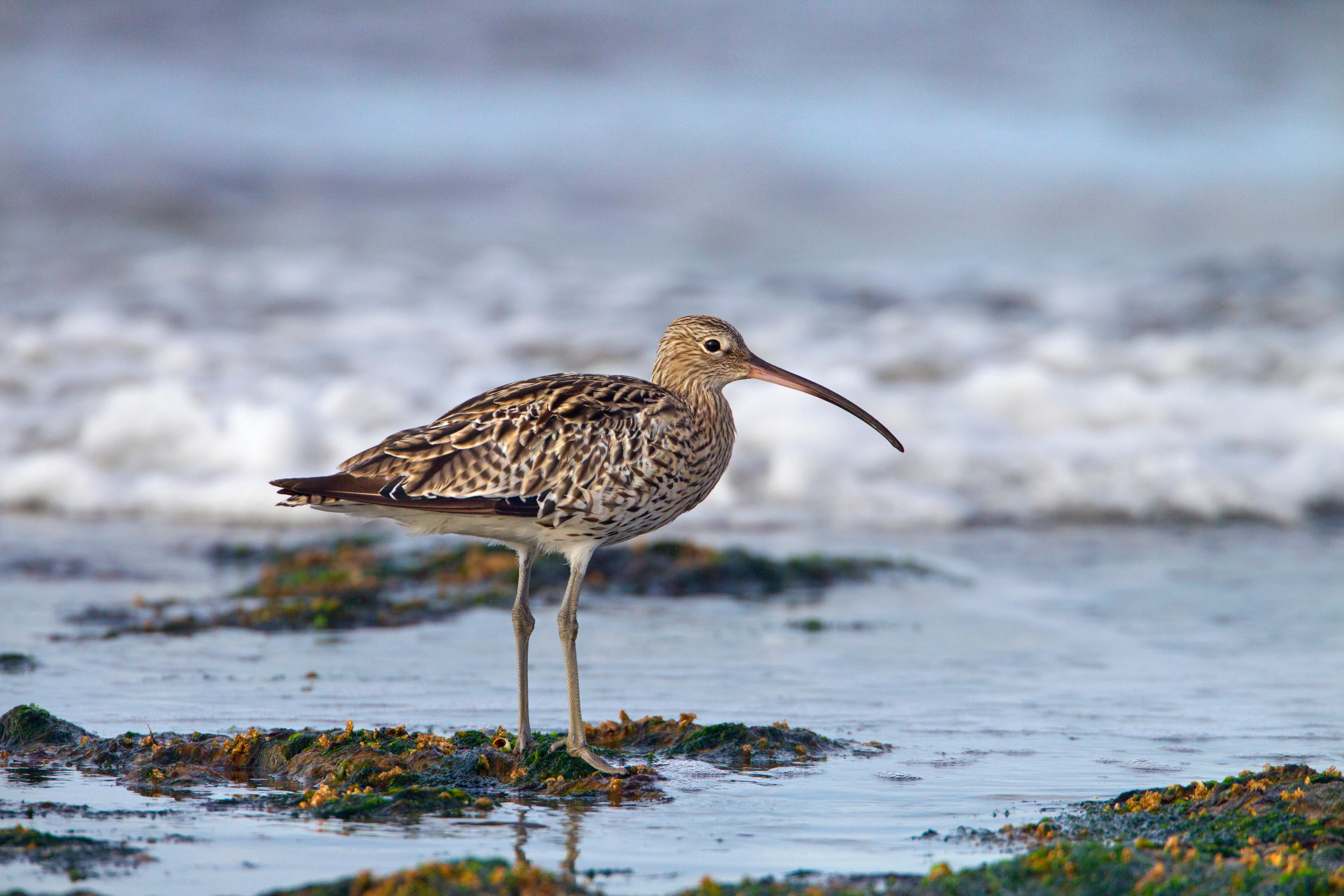
Is there a Winterwatch 2024 trailer?
There isn't as it's a live show, so you'll need to tune in!
Get the What to Watch Newsletter
The latest updates, reviews and unmissable series to watch and more!
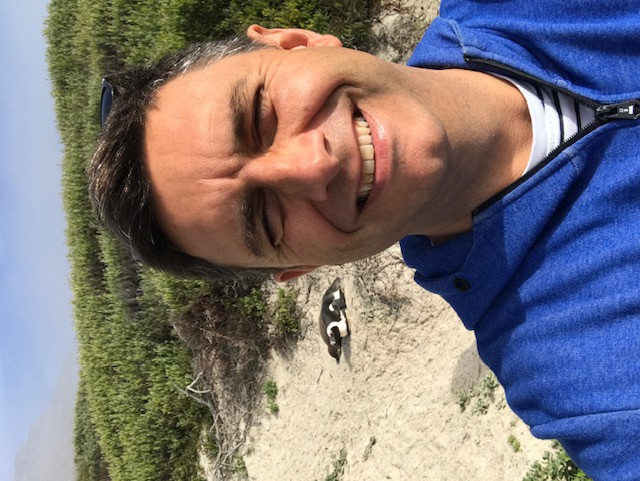
I'm a huge fan of television so I really have found the perfect job, as I've been writing about TV shows, films and interviewing major television, film and sports stars for over 25 years. I'm currently TV Content Director on What's On TV, TV Times, TV and Satellite Week magazines plus Whattowatch.com. I previously worked on Woman and Woman's Own in the 1990s. Outside of work I swim every morning, support Charlton Athletic football club and get nostalgic about TV shows Cagney & Lacey, I Claudius, Dallas and Tenko. I'm totally on top of everything good coming up too.
- Hannah DaviesWriter




